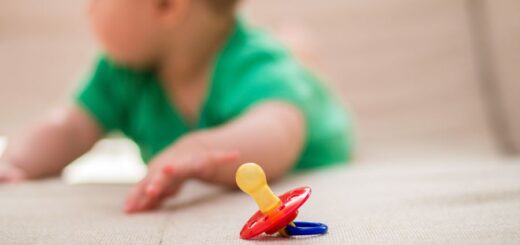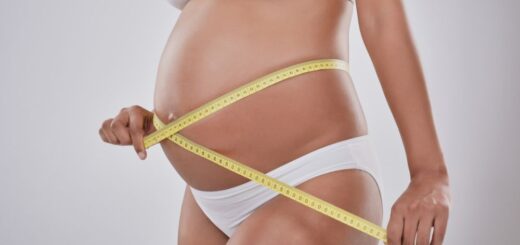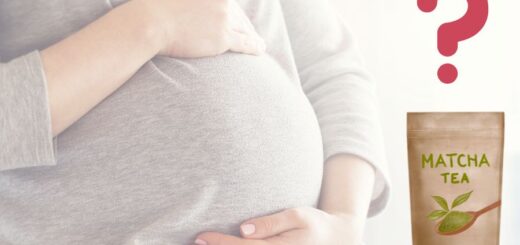Newborn Bubbles In Mouth After Breastfeeding
If foaming at mouth of baby after breastfeeding, do not panic. Newborn babies may have foaming because the coordination ability of the tongue and loading movement is not fully matured. If this occurs during the summer, your baby may be due to insufficient fluid intake. And if you feed your baby with formula, you should give her water. Breastfeeding mothers should breastfeed more.
The bubbles in your baby’s mouth seem to worry you. Mothers want to learn everything for their babies. You can continue to learn by going deeper into the article, I hope you will get new information here.
You also may like the article – How to eat while breastfeeding?
Newborn Spit Bubbles
When breastfeeding your baby, the breast milk goes down into the stomach and goes up again, so your newborn baby has spit bubbles in the mouth. You should try to breastfeed the baby, who has too many balloons coming from her mouth, standing almost upright.
İf a 3 month old baby has bubbles mouth, a Sign of development of the digestive system. They punch their hands and try to bite their hands. Because several months later (the third month) the jaw muscles begin to work.
You also may like the article – Why do babies cry?
Foaming At Mouth Of Baby
Mouth foaming is another common condition in young infants. Mouth foaming, unlike saliva flowing in the form of secretion rather than around the mouth and lips are seen as the accumulation of foamy saliva.
When the salivary glands become active and become aware of the saliva accumulated in the mouth, the baby can turn it into a fun. The little ones who make bubbles from their secretions and play with lip movements can unfortunately cause their families to worry. Baby Bubbles mouth can also be a part of digestive system development, such as slobbering, chewing and foaming.
One of the cause of foaming may be reflux! You may be overfeeding your baby, which is a cause of reflux. Can you overfeeding baby breastfeeding? Infants with reflux disease can now sleep very comfortably thanks to special pillows. Reflux symptoms; frequent vomiting, sleep disturbances, excessive gas extraction, nutritional problems, persistent cough, etc… If you have more than one of your symptoms, your baby may have reflux.
How to treat reflux in Babies
Simple but effective measures against breeding ; breast milk as often as possible, with little, no less nutrition. Mothers who feed their baby with breast milk; avoid caffeinated beverages in their own diet and avoid smoking. Extraction of the baby after feeding. The use of special foods with a thicker consistency in the use of food. After feeding; keeping the baby away from activities that activate the abdominal muscles, such as crying and laughing, and cause air swallowing.
Another cause of foaming in the mouth while the baby is sleeping may be epilepsy. Epilepsy occurs most frequently in childhood, especially in infancy between 0-1 years of age. Contrary to popular belief, epilepsy in infants can develop not only with large seizures such as contractions in the body and chin locking, but also with small seizures that may be overlooked.
- IMPROVEMENT AND CLOSURE: Seizures, which come in clusters during infancy, develop with sudden bouncing and closing in the arms, legs and head area.
- EYES LOOKING AT A FIXED PLACE: It can develop in children with contractions, throws, fixed eyes and vomiting. It can also be seen with contractions on one side of the body or abnormal feeling on one side of the body
- DIVING: In absence seizures, the child dives for only 5-10 seconds and is insensitive to the environment.
Frequent Night Sleep Wake
Frontal lobe (anterior region of the brain) in the region of the seizures often wake up from sleep at night, contraction and meaningless movements can be seen. This is often confused with sleep disturbance. In addition, the child can show meaningless movements around himself or in the form of running or running.
- Sudden HEAD DROPS: Sudden head falls and seizures can be seen in the form of cover. •
JUMPING: Sometimes only sudden electric shock-like jumps (myoconic seizures) can occur.
Foaming in your baby’s mouth after breastfeeding is normal.
Our previous article Is it normal green poop for breastfed baby? We also recommend that you read our article.

Hello, I’m Dorothy. I love writing and researching articles. Reading books about baby health, care and pregnancy is my favorite. I will be sharing delicious and healthy information on food and baby food during pregnancy.












Thanks for the information
Thanks for all the great information
Such useful information
My baby does that and was thinking it could be reflux. I’m glad I read it now as wasnt too sure.
Very useful feeding tips. Thank you!
Hi, my newborn is having bubbles form at the mouth after some of her feeds (she is breast fed), I don’t think she has reflux as she doesn’t have any other symptoms except throwing up which I know is normal in newborn babies anyways, I would really like to know what else it could be…she’s also making a lot of noise like she’s straining herself at night time, my midwife said not to worry but I kind of am worrying
TIA 😊